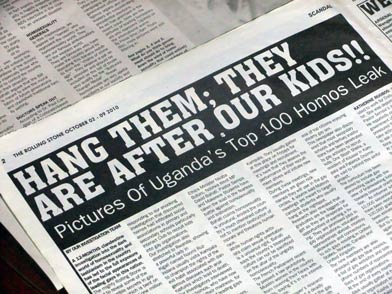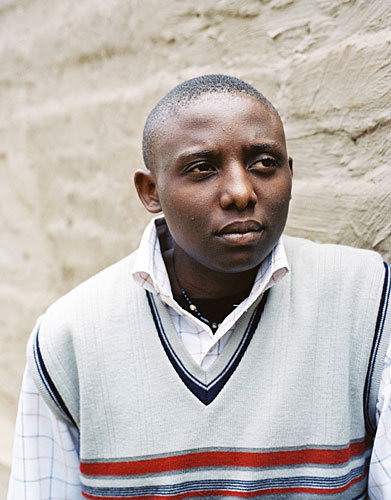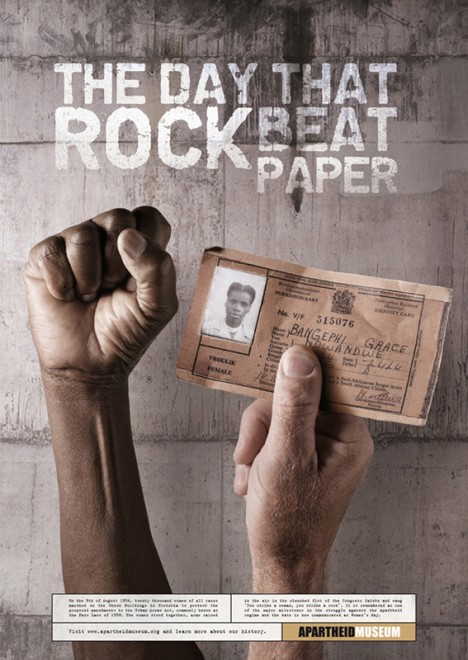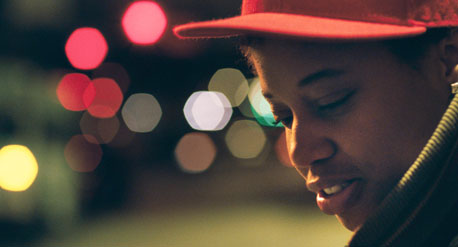But now, the draconian bill which began the chain reaction that led to David Kato's death is back. A copy of Uganda's Parliament Order Paper, dated February 7, 2012, has been making its way around the internet. The return of the "Kill the Gays" bill is a major concern for…
-
-
Challenging Gender Binaries in the Motherland: Could Transgender and Intersex Activism Unite Africa’s Movements?
The existence of LGBT Africans ultimately challenges the view that Africans are naturally attracted to people of the opposite sex (i.e. the Homosexuality is UnAfrican mantra). However, this pigeon-holes the entire continent — straight and LGBT Africans alike — into addressing homophobia from just one angle: sexual orientation. The danger…
-
Advocacy - African Feminism - Afrofeminism - Blog - Gender and LGBT Issues - International Development - LGBT Africa - Media - Non-Profits - Philanthropy
Saying No to Media Saviorism, Celebrating Africa’s Resistance
How about we — as global gender justice advocates — subvert the idea that women are perpetual victims by covering our collective resistance? How about we cut back on the sensationalism — the shock tactics and controversy we once deployed to get mainstream media to pay attention to issues important…
-
Inspired by Pariah: My Personal Story about Coming Out as a Nigerian “Boi”
As the strapless lilac dress found its awkward place on my body, the delicate layer of my personal confidence dropped mercilessly to the floor.. When my father said I looked "pretty," I immediately went on a dramatic tirade (more dramatic than usual) to assert that this wasn't who I was.…
-
My Straight African Brother’s Reflections on a Very Queer Christmas: “Two Couples and a Sibling”
My brother wrote this guest post for me for Christmas and I couldn't be any more moved. For any of you feeling hopeless about your families coming around, I want you to read this and see this as your future, see this as where your own family members could go.…
Online rulet oyunları gerçek zamanlı oynanır ve online slot casino bu deneyimi canlı yayınlarla destekler.
Bahis sektöründe adından sıkça söz ettiren Bettilt kaliteyi ön planda tutuyor.
Adres engellerini aşmak isteyenler için pinco casino bağlantısı çözüm oluyor.




